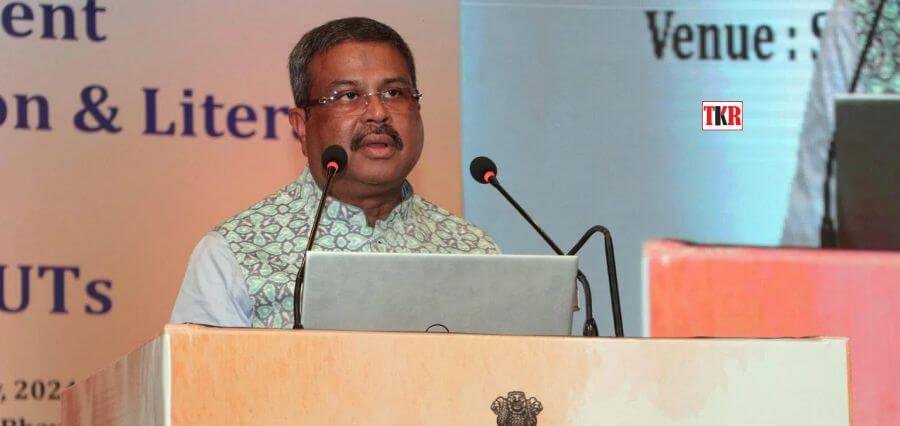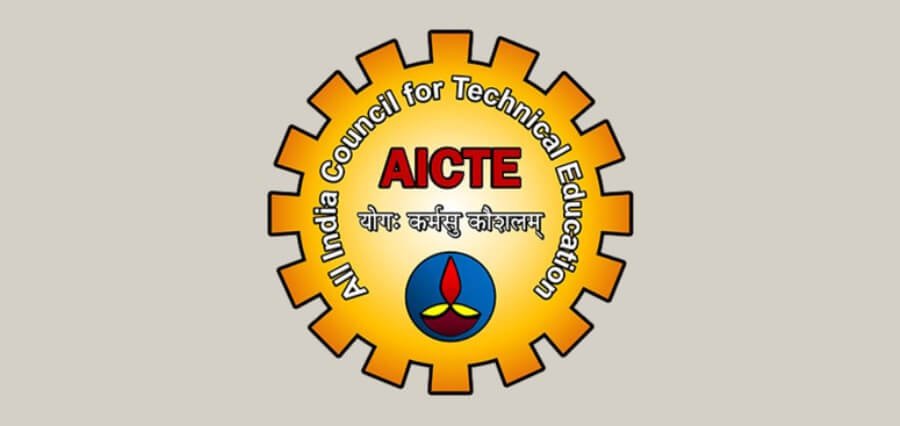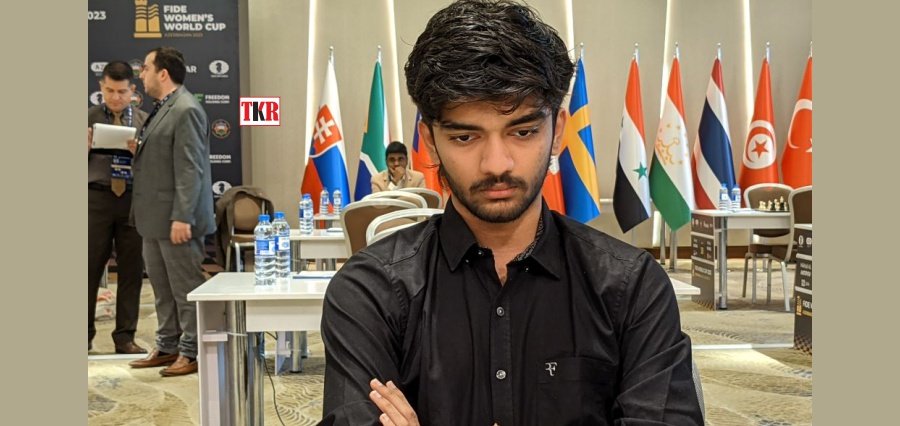On Wednesday, the Centre appealed to state governments to implement the Right to Education (RTE) provision, which mandates reserving 25% of seats in private unaided schools for children from economically weaker sections. Minister of State for Education Jayant Chaudhary informed the Rajya Sabha during the Question Hour that states such as Punjab, Kerala, Telangana, and West Bengal have not implemented these provisions.
Responding to a question by Congress leader Pramod Tiwary on RTE, Education Minister Dharmendra Pradhan emphasized that education falls under the concurrent list, necessitating efforts from both the Centre and states to provide school education up to class 12 for all children. Pradhan noted that while there is nearly 100% enrollment in class 1 due to collective efforts, the number of students decreases as they progress to higher classes, which depends on the active measures taken by state governments.
He stressed that, though education is a concurrent responsibility, school education is primarily managed by state governments. Pradhan also highlighted that both RTE and the National Education Policy (NEP) are complementary, aiming to ensure education for all up to class 12. He acknowledged that RTE, formulated by the previous government, includes a beneficial provision to reserve 25% of seats for underprivileged children and urged non-implementing state governments to cooperate, stating that collective efforts are needed to achieve this goal beyond just the entry level.
Earlier, Vikramjit Singh Sahney of the AAP inquired about the number of children covered under RTE and the steps taken by the government. Chaudhary replied that RTE, passed in 2009, is an inclusive plan prioritizing children from poor families and aims to reintegrate those who missed formal education. He reiterated that states like Punjab, Kerala, Telangana, and West Bengal have not implemented the 25% reservation provision.
He mentioned that the Punjab government, led by Sahney’s AAP, claimed they have sufficient government schools, hence not requiring the quota. Chaudhary appealed that no beneficiary should be deprived of their rights under this law.
Sahney, an educationist and social worker, also raised concerns about the high fees in higher education, estimating that parents may need to spend between Rs 25 lakh to 30 lakh for their child’s education from kindergarten to post-graduation.
Read More: https://theknowledgereview.in/





